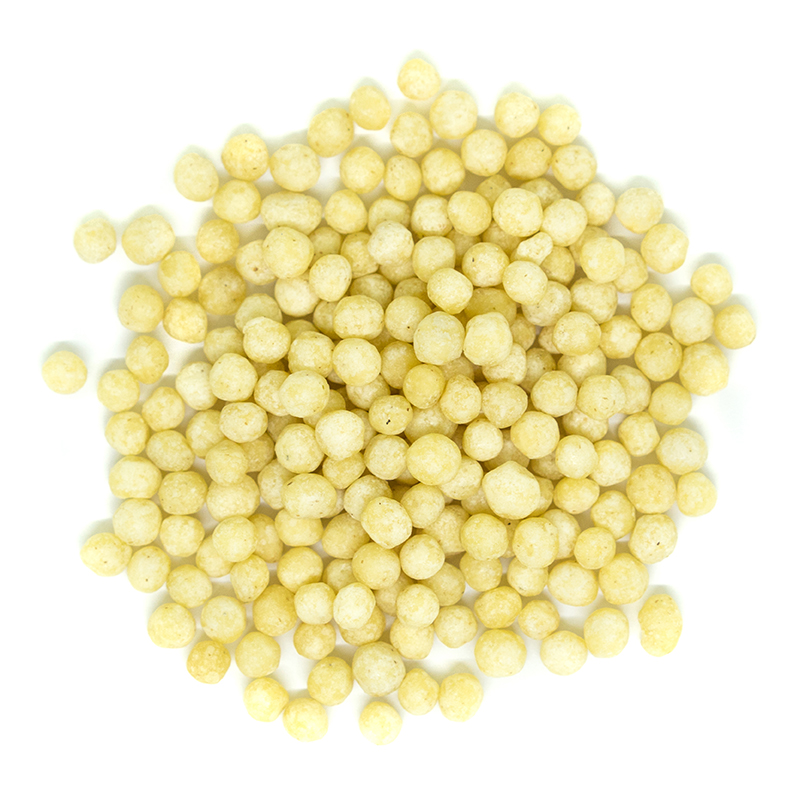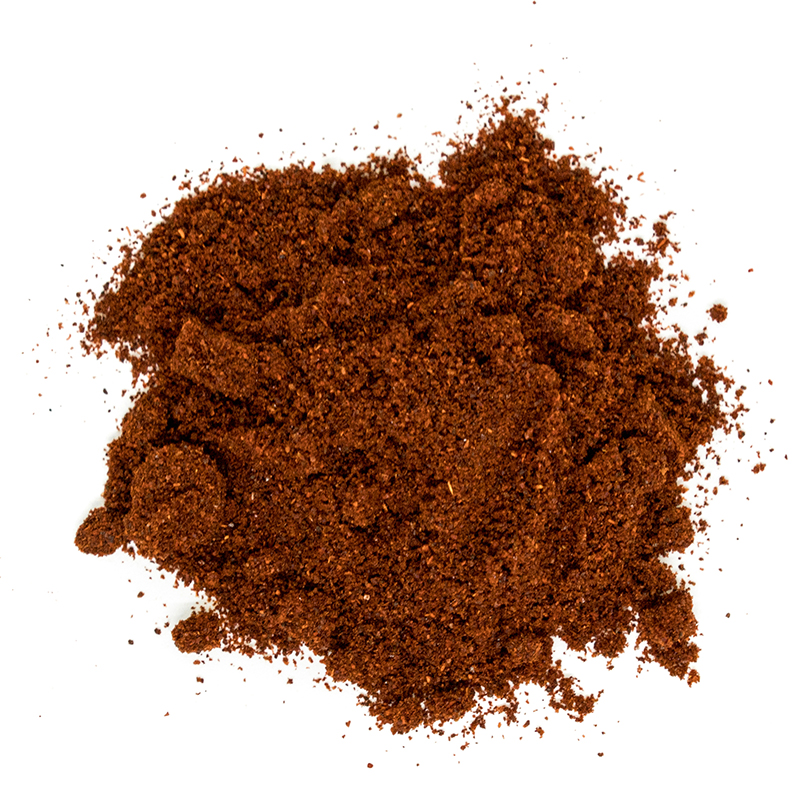Today, we are going to travel back in time to the 1950s, all the way to the Middle East to explore what civilizations in the past used to eat – also known as the Mediterranean diet.
The Mediterranean diet has a long history to it and has been named one of the most healthful eating styles of all times. Because it is very plant-focused, it certainly comes with a number of health benefits too. So if you want to live healthy, this might be the perfect time to do some Spring Cleaning by renovating your pantry and stocking up on different ingredients!
Don’t know where to start? Here are the 7 basic steps:
- Switch up your oil – swap butter for extra virgin olive oil
- Eat more fish
- Load up on the veggies
- Experiment with whole grains and legumes – many traditional Mediterranean salads use grains like buckwheat, bulgur, millet and cous cous, mixed with legumes like chickpeas, fava beans, green beans, kidney beans and lentils
- Snack on healthy fats like nuts and seeds – popular nut products include almonds, hazelnuts, pine nuts, pistachios, walnuts and sesame seeds
- Eat fruits for dessert
- Water is your go-to beverage along with a sip of wine!
Herbs and spices are also liberally used in traditional Middle Eastern cuisines to replace salt when cooking. Some of the common ingredients include anise, bay leaf, basil, cloves, cumin, fennel, garlic, marjoram, oregano, parsley, rosemary, sage, savory, thyme and many more! Check out what other herbs and spices we carry here!
You can consider the Mediterranean diet as going vegetarian, since they both consist of a similar dietary pattern and are equivalently effective in reducing body fat. The only difference between the two is the lifestyle overall.
The Mediterranean diet is more than just the food itself, but the lifestyle as a whole. Its culture values a balanced social life through building relationships and connections. So instead of eating your meal alone in front of the TV or computer, sit down at the dining table with your family and friends! Ingest the food slowly and savour it while you talk and laugh with the people around you.
Many studies have actually shown a strong correlation between mood and food. Depending on how you feel, your body reacts differently in terms of digestion and nutrient absorption. For instance, the more stressed you are, the more likely you would get indigestion; and the more constipated you are, the less likely you would lose weight. In fact, weight loss should not have been the goal of the Mediterranean diet. Rather, you should see it as a way to nurture both your physical and mental health.
Connect With Us!
Share with us your dieting plans on our Facebook, Twitter and Instagram! We would love to hear from you!

